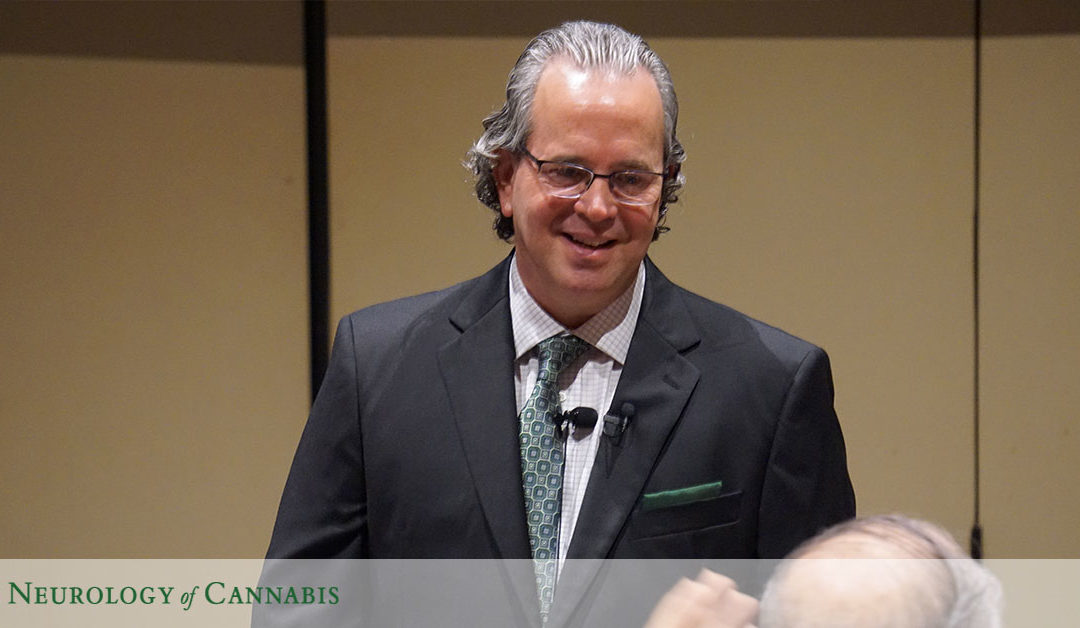Obsessive-compulsive disorder (OCD) is a mental illness which affects approximately 1.2% of the population. OCD results in the affected individual experiencing repeated unwanted thoughts, known as obsessions; or urges to do something over and over again, known as compulsions. Some people experience both obsession and compulsion, while some are affected only by one.
OCD does include bad habits, such as biting your nails. An obsessive belief might tell you that certain numbers are bad, so you cannot live at a particular address or wear a certain jersey. The classic example of compulsive behavior is washing your hands over and over, feeling unable to stop even if you want to. While everyone has repeating thoughts or behaviors on occasion, a person living with OCD will find that these thoughts:
- Consume hours of their day
- Seem out of control
- Cause stress, not enjoyment
- Interfere with work, personal or social life
People with OCD are typically aware of their behavior, and would like to stop but feel powerless to do so.
Types of OCD
Although there are many expressions of this mental condition, the behaviors tend to fall into one or more of 4 general types.
- Checking One More Time: The individual must check, double check or triple check that they locked the door or turned off the oven. They may go out of their way to return home even after they left to check one more time.
- Fear of Contamination: The individual experiences paranoia that objects might be dirty, and then feel a strong compulsion to clean.
- Symmetry and Ordering: The individual feels that things need to be ordered, lined up, or arranged in a certain way. Objects that seem “out of alignment” can cause distress. These individuals may need to do things a set number of times to feel complete, such as walking through a door three times; or brushing their hair for four minutes.
- Ruminations and Intrusive Thoughts: The individual has a thought that repeatedly plays in their head and they can’t control it. Often, these thoughts can be violent or troublesome. They may obsessively worry about a loved one getting hurt in an accident, or saying something that is misunderstood.
How Medical Cannabis May Help
There are already strong indications that medical cannabis helps with stress and anxiety.
The body’s natural endocannabinoid system contains CB1 receptors which assist in brain calibration. Substances called agonists bind to these receptors, and can either ease or increase anxiety, depending on dose and sensitivity. One such agonist is THC, which can induce a calm feeling when it binds with CB1 receptors.
OCD affects the regions of the brain which are associated with stress reactions, fear conditioning, anxiety and habitual behavior. CB1 receptors are found in high quantities in these same regions. This correlation indicates that activation of these receptors may help ease OCD symptoms.
However, there are currently only a handful of case studies which explore the connection between cannabinoids and OCD treatment. In each case, the study participant responded poorly or not at all to frontline medications, but experienced a relief of symptoms when given dronabinol, a man-made form of THC. Still, THC has been known to cause increases in anxiety in larger doses and in some patients.
Therefore, although there are signs pointing to medical cannabis being a possible effective treatment for OCD, more research is needed.
Is Medical Cannabis Right for You?
If you or a loved one is looking for relief from OCD, begin by speaking to a physician specializing in using medical cannabis for the treatment of disease. Dr. Daniel P. Stein, located in Sarasota, is one of the country’s leading authorities in this field. Call today for a consultation to explore how medical cannabis can help you with OCD, or any other medical conditions you may be experiencing. .

